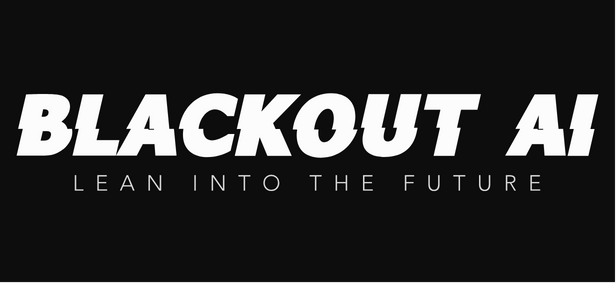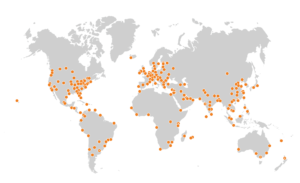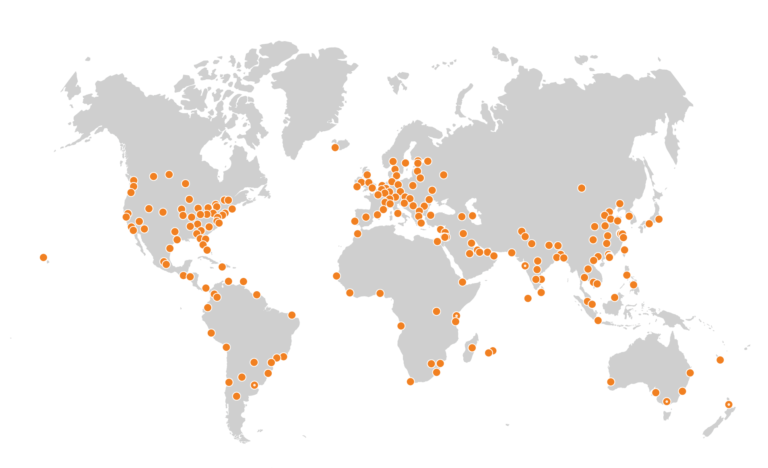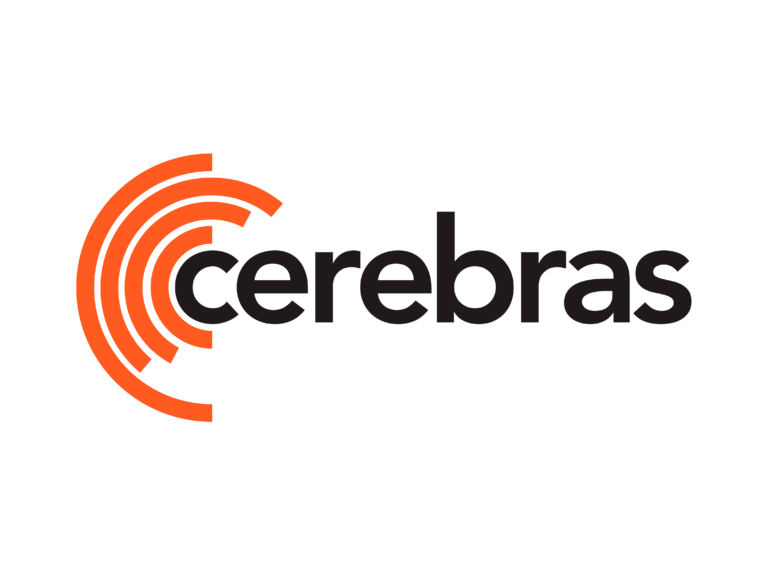We’ve seen how Claude recently beat GPT in their benchmarks or how NVIDIA showed their lead at the CVPR.
Although all these players aren’t always heading the same way, they are trying to conquer the market, and the AI race is nowhere near to end. It’s actually just beginning.
Now it was the turn of Meta’s Fundamental AI Research (FAIR) which has just revealed five groundbreaking AI models, marking significant advancements in the field. These models cover areas like multi-modal processing, music generation, and AI speech detection.
However, it’s not always about pure completion, and these new releases demonstrate Meta’s commitment to open research and responsible AI development.
Here’s a closer look at the 5 new innovations.
Chameleon: Bridging Text and Images
One of the most exciting releases is the Chameleon model.
Unlike traditional AI models that process text and images separately, Chameleon can handle both simultaneously. This multi-modal capability mimics human cognitive functions, allowing Chameleon to generate creative captions, interpret complex scenes, and combine text and images in innovative ways.
Imagine a tool that can not only describe what’s in an image but also create new visual scenes based on text prompts—Chameleon promises to make this possible.
By releasing this model under a research license, Meta encourages further exploration and development of similar models.
Speeding Up Language Learning with Multi-Token Prediction
Traditional language models predict text one word at a time, which is slow and resource-intensive. Meta’s new multi-token prediction model changes this by predicting several words at once, significantly speeding up the training process.
This method mimics how humans learn language more efficiently, using less data and time. It has the potential to enhance natural language processing tasks, making AI applications faster and more responsive.
This one was released under a non-commercial license which could show Meta’s dedication to open collaboration.
JASCO: A New Frontier in Music Generation
Meta’s JASCO model went for creativity by generating music from text inputs with unprecedented control.
Unlike previous models, JASCO can incorporate additional inputs like chords and beats, allowing for more detailed and versatile music creation. This model is particularly valuable for musicians and composers, providing a tool to generate music that closely aligns with their artistic vision.
Like Chameleon, JASCO is also distributed under a research license.
AudioSeal: Safeguarding Against AI Misuse
As AI-generated content becomes more sophisticated, the risk of misuse, such as deepfake audio, increases. Meta’s AudioSeal addresses this by providing a reliable method to detect AI-generated speech. This audio watermarking system embeds unique markers within AI-generated speech, allowing for fast and precise detection. This tool is crucial for media companies, law enforcement, and social media platforms to ensure the authenticity of audio content. By releasing AudioSeal under a commercial license, Meta sets a standard for responsible AI use, helping to maintain the integrity of digital content.
Enhancing Diversity in Text-to-Image Models
AI-generated content often reflects geographical and cultural biases, leading to stereotypical issues. Meta wants to tackle these issues by developing indicators to evaluate and improve the diversity of text-to-image models.
A large-scale annotation study provided insights into how different people perceive geographic representation, which helped in creating more inclusive AI models. By releasing the relevant code and annotations, Meta promotes transparency and encourages other researchers to improve the diversity of their models, towards a more inclusive digital landscape.
Ethical and Inclusive AI?
Meta’s latest AI advancements highlight a dual focus on innovation and responsibility. The introduction of models like Chameleon, multi-token prediction, JASCO, and AudioSeal, along with efforts to enhance diversity in text-to-image generation, demonstrates Meta’s commitment to creating advanced, efficient, and inclusive AI technologies.
By sharing these models and studies openly, Meta not only drives the development of new AI solutions but also sets sort of an industry benchmark for ethical AI practices. As AI continues to evolve, such initiatives are crucial in ensuring that technology serves a broader and more diverse audience, promoting a future where AI benefits everyone.
What do you think of these initiatives?
— BlackoutAI editors











+ There are no comments
Add yours